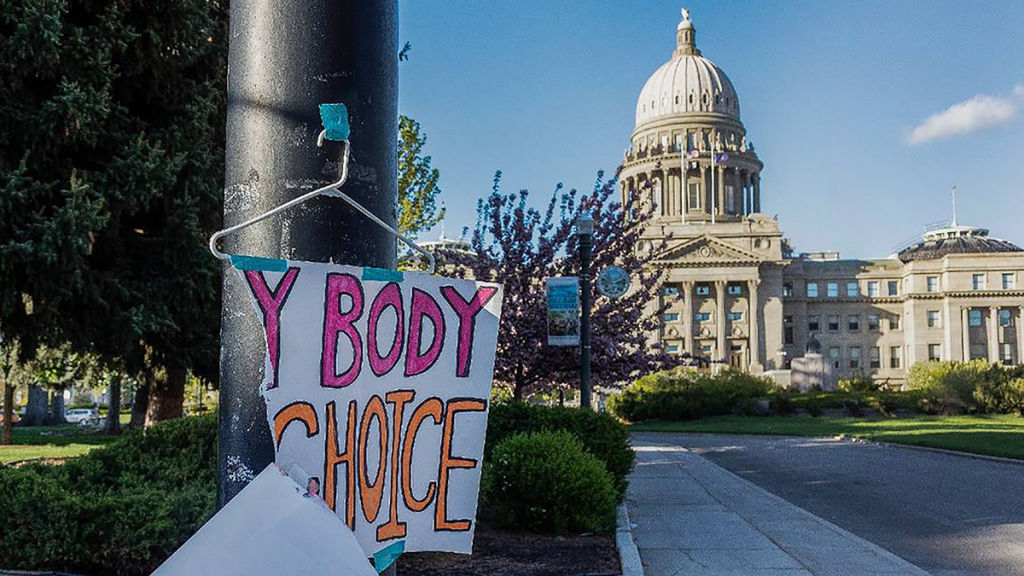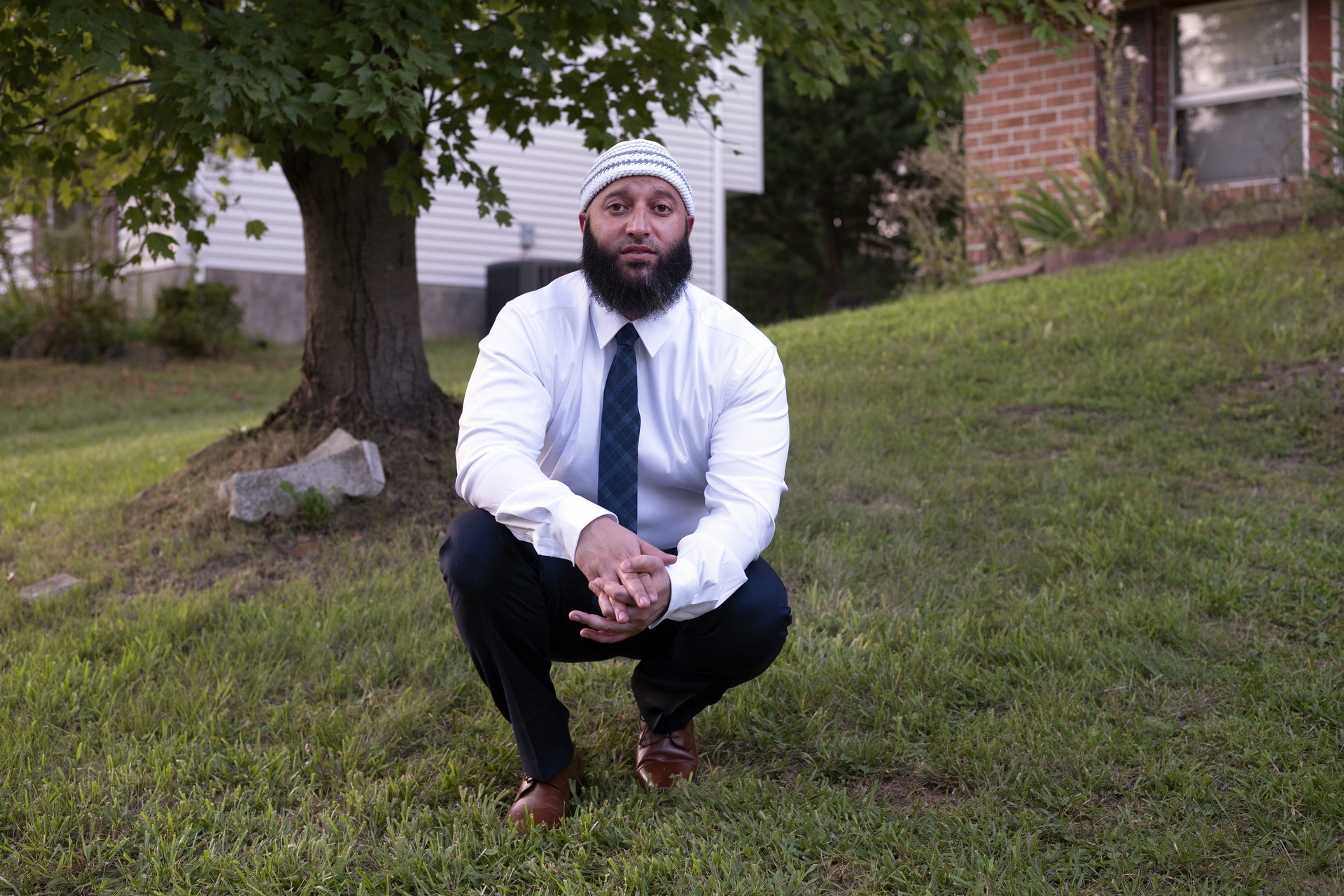In the days and months after the Supreme Court rendered a 2022 decision gutting the U.S. constitutional protection for abortion, advocates predicted many negative impacts to come for women and their families.
At least one such prediction has come true: there has been an increase in intimate partner violence in places with a near-total ban on abortion. Intimate partner violence, which occurs between two people in a romantic relationship, increased by about 7-10% in U.S. counties where people had to travel further for abortion care in 2023 than in 2017, according to a new study published in the National Bureau of Economic Research.
This led to an estimated 9,000 additional incidents of intimate partner violence in states that limit abortion rights, according to the study, which is one of the first to examine data on how restrictions to abortion access are linked to violence. That adds up to $1.24 billion in additional social costs, the study finds.
There are a few reasons why restrictions to abortion could lead to increased intimate partner violence, the study’s authors say. Restrictions often cause more financial strain because women have to take time off from work and travel farther away to seek abortion care. (The average person seeking care in such a state had to travel 241 miles farther for abortion care than women in states without these laws.) Restrictions limit people’s options, which could worsen the mental and physical health of women and men, leading to abuse. And pregnancy is already known to increase intimate partner violence; one study found pregnant women were 16% more likely to die by homicide than were non-pregnant women.
Read More: What Are Abortion Shield Laws?
Restrictions on abortion can also bind women to violent partners. The Turnaway study, which looked at what happened to women denied an abortion because they were over the clinic’s gestational limit, found that these women sustained more intimate partner violence compared to those who were able to obtain an abortion. They were also at higher risk for suicidal ideation.
Abortion restrictions can worsen intimate partner violence even if women end up getting an abortion, says Dhaval Dave, an economics professor at Bentley University in Massachusetts and one of the study’s authors. “Delays, financial strains, stress, and prolonged engagement with violent partners can all affect relationship quality and increase the risk of interpersonal violence, even if an abortion is ultimately obtained,” he says.
The study also found a larger increase in intimate partner violence in areas with lower educational attainment and income, suggesting the restrictions are more harmful to vulnerable populations, he says.
The new data do not surprise experts in the field of intimate partner violence, who say that the increase in incidents was fairly predictable. Restrictions to abortion enable reproductive coercion, in which one intimate partner uses controlling tactics to influence the other person’s reproductive choices without their consent, says Sara L. Ainsworth, chief legal and policy director at If/When/How, a nonprofit that runs the Repro Legal Hotline for people needing legal advice about pregnancy and abortion.
Read More: Abortions Keep Increasing in the U.S., Data Show
The current legal climate has also made it easier for abusers to threaten victims around reproductive health decisions, she says. That’s because some states, including Idaho and Texas, have criminalized the act of helping people seeking abortion care. That can further isolate victims from people who could otherwise help them navigate an abusive relationship.
Ainsworth says the Repro Legal Hotline has seen an increase in people calling who are in relationships that have become violent and in those in which the abuser is threatening to involve the police around reproductive health decisions. Even though doing so is not legal in many states, the threat of police involvement is enough to scare many women, she says.
“The abuser is using this landscape that we’re in to terrorize the person that is their intimate partner,” she says.
Across the country, hotlines have seen a 10% increase in calls from victims who are facing an unsafe pregnancy, which is one in which they are subject to abuse, says Pamela Jacobs, CEO of the National Resource Center on Domestic Violence. Even before abortion restrictions, some abusers would sabotage women’s birth control to try and make them become pregnant, she says, and these restrictions make it even easier for women to be forced into pregnancy.
Shoring up access to legal help and medical care—especially abortion care—could counter this increase in intimate partner violence, experts say. So could helping women have the economic security to leave abusive partners. Economic insecurity is the No. 1 reason victims aren’t able to leave a relationship, says Jacobs.
But in the current political climate, any major improvements in access to care are unlikely. Looming cuts to SNAP and Medicaid would take away economic independence from women in abusive relationships, rather than restore it, says Jacobs.
In addition, many sexual-assault help centers and hotlines are federally funded and have been affected by federal funding cuts. That means that as intimate partner violence increases, the resources for women affected by it are shrinking.








